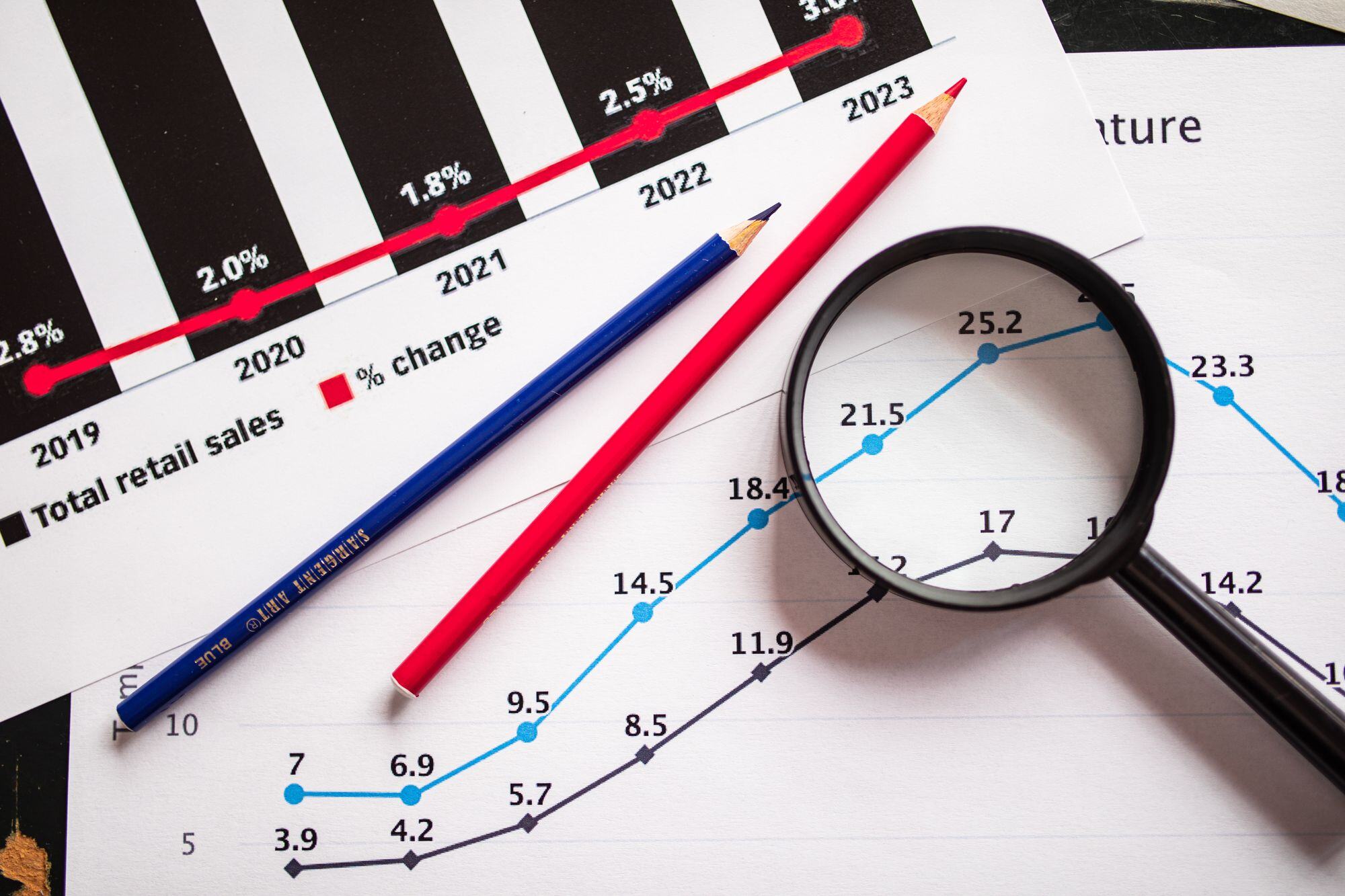The real estate market is dynamic, constantly shaped by various economic, social, and environmental factors.
In this ever-evolving landscape, the role of data and analytics has become pivotal.
For real estate professionals, leveraging data isn't just about staying afloat; it's about propelling your business to new heights.
But how exactly can you use data and analytics to scale your real estate business effectively?
Let’s dive into this exciting intersection of technology and property.
Understanding the Power of Data

(Photo from CareerFoundry)
Imagine navigating the vast ocean without a compass or a map. Scary, right? Now, think of data as your map and analytics as your compass. Together, they guide your decisions, highlight opportunities, and warn against potential pitfalls. In the real estate business, data comes in various forms, from market trends and property values to customer preferences and demographic insights.
Harnessing this data means you're not just relying on gut feelings or outdated information. Instead, you have a robust foundation for making informed decisions that drive growth.
Identifying the Right Data Sources

(Photo from Elaboure)
The first step in leveraging data is knowing where to find it. Here are some valuable sources:
- Public Records: Government databases provide information on property transactions, ownership history, and zoning regulations.
- MLS (Multiple Listing Service): A treasure trove of data on listed properties, including pricing, sales history, and market comparisons.
- Census Data: Offers insights into demographic trends, income levels, and population shifts.
- Social Media: Platforms like Facebook and LinkedIn can provide data on consumer behavior and preferences.
- Third-Party Data Providers: Companies like Zillow and Redfin offer comprehensive real estate market analytics.
Data Analytics Tools: Your New Best Friends
Once you have your data, the next step is analyzing it. Here are some tools that can help:
- Excel and Google Sheets: Basic but powerful for initial data organization and simple analytics.
- Tableau and Power BI: Advanced tools that offer sophisticated data visualization and reporting.
- CRM Systems: Platforms like Salesforce and HubSpot can integrate data analytics directly into your customer relationship management.
- Machine Learning Algorithms: For the tech-savvy, tools like Python's Scikit-learn or TensorFlow can predict market trends and customer behavior.
Making Sense of the Numbers: Key Metrics to Track

(Photo from Deskera)
- Market Trends: Understand the ebb and flow of property prices, rent rates, and demand in different neighborhoods.
- Customer Insights: Track buying patterns, preferences, and feedback to tailor your services effectively.
- Performance Metrics: Measure your sales volume, average transaction value, and lead conversion rates.
- Operational Efficiency: Analyze the time and cost involved in property transactions and streamline processes accordingly.
Practical Applications: Data-Driven Strategies
- Targeted Marketing: Use demographic data to tailor your marketing efforts. If data shows a surge in millennial homebuyers in a particular area, focus your campaigns on social media platforms popular with this age group.
- Investment Decisions: Predictive analytics can forecast property values and rental yields, helping you identify lucrative investment opportunities.
- Customer Retention: By analyzing customer feedback and transaction history, you can identify patterns and improve client satisfaction and retention.
- Risk Management: Use data to assess risks such as market downturns or default rates and develop mitigation strategies.
Case Study: A Real-World Example
Let’s look at a hypothetical example of a real estate firm, "Urban Oasis Realty." By integrating data and analytics into their operations, they experienced remarkable growth.
Step 1: Data Collection Urban Oasis Realty started by consolidating data from various sources: MLS listings, social media insights, and public records. They used CRM software to gather customer data and feedback.
Step 2: Analytics Implementation Using Tableau, they visualized market trends and identified emerging hotspots. They employed machine learning algorithms to predict future property values and rental rates.
Step 3: Strategic Actions With a clear understanding of market trends, Urban Oasis Realty tailored their marketing campaigns to target high-growth areas. They optimized their property listings based on customer preferences, increasing engagement and lead conversion rates.
Result Within a year, Urban Oasis Realty saw a 30% increase in sales volume and a 20% boost in customer retention rates. Their data-driven approach also minimized risks, ensuring steady growth even during market fluctuations.
Future Trends: Staying Ahead of the Curve
The real estate industry is on the brink of a technological revolution, and staying ahead means continuously evolving your data strategies. Here are some trends to watch:
- AI and Machine Learning: These technologies will become more integral, offering even more precise predictions and insights.
- Blockchain: Could revolutionize property transactions, making them more transparent and secure.
- IoT (Internet of Things): Smart home data will provide insights into property usage and maintenance needs, adding another layer to your analytics.
Conclusion: Embrace the Data-Driven Future

(Photo from Entrepreneur)
In the fast-paced world of real estate, data and analytics are no longer optional—they're essential. By leveraging the right data, employing powerful analytics tools, and implementing data-driven strategies, you can scale your real estate business efficiently and effectively. So, get ready to navigate the real estate ocean with confidence, guided by the power of data.
Remember, the future belongs to those who prepare for it today. Happy scaling!
As always, we here from Transactly would like to thank you guys so, so much for taking the time to read this blog post - your continuous support is always appreciated! For all the latest real estate content, latest news, and more to fuel your daily digest, stay tuned: we'll be getting new blog posts up every Monday, Wednesday, Friday, and Saturday.
We'd like to give credit where credit is due and list down the following websites that provided the inspiration behind this blog post - go give their articles a read!
LinkedIn Pulse: https://www.linkedin.com/pulse/revolutionising-real-estate-industry-leveraging-big-data-golchha/
Proprli: https://proprli.com/knowledge-center/the-power-of-data-analytics-in-real-estate-a-comprehensive-guide-for-large-asset-owners/
ShoreAgents: https://www.shoreagents.com/data-driven-real-estate/